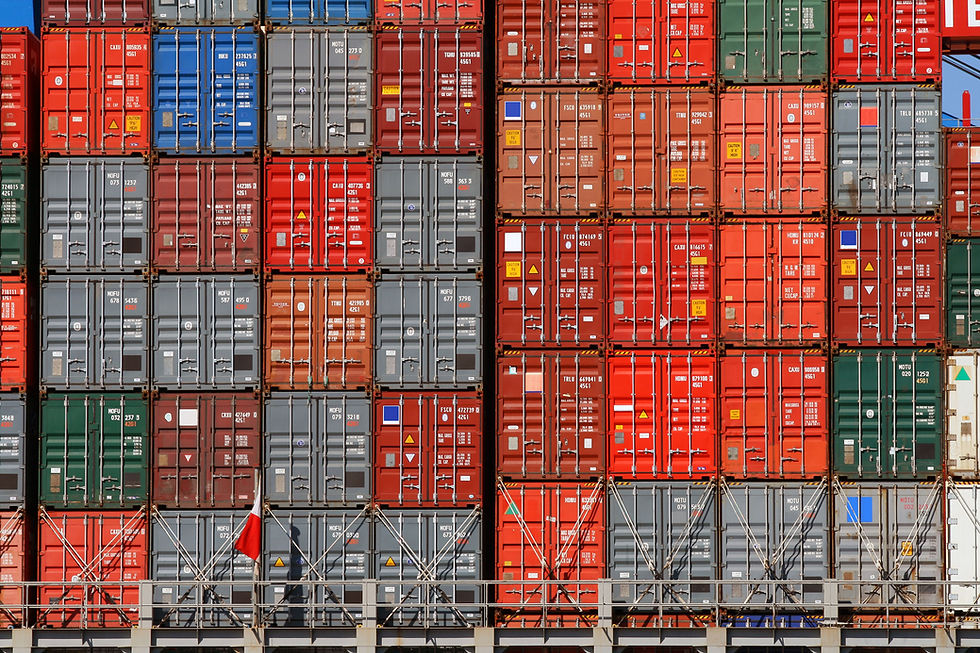India Climbs 6 Places on World Bank's Logistic Performance Index 2023
- Deepak Thacker
- Apr 24, 2023
- 2 min read

India's recent climb in the World Bank's Logistic Performance Index (LPI) 2023 is a testament to the significant investments made in both soft and hard infrastructure as well as technology. According to the report, India ranks at 38th out of 139 countries on the LPI, a significant improvement from its 44th position in 2018. India's performance has improved drastically since 2014, where it ranked 54th on the LPI.
The report highlights several initiatives that have helped India's logistics sector. The GATI SHAKTI initiative, a National Master Plan for multimodal connectivity, aims to reduce logistics costs and boost the economy by 2024-25. Additionally, the National Logistics Policy (NLP) aims to ensure quick last-mile delivery, end transport-related challenges, save time and money for the manufacturing sector, and ensure desired speed in the logistics sector. These policy interventions are showing positive results, as evident from the significant jump in LPI and its other parameters.
India's rank also moved up five places in infrastructure score, from 52nd in 2018 to 47th in 2023. It climbed to 22nd spot for international shipments in 2023 from 44th in 2018 and moved four places up to 48th in logistics competence and equality. In timelines, India witnessed a 17-place jump in rankings, whereas it moved up three places in rank in tracking and tracing to 38th.
The report also highlights the role of modernization and digitalization in India's logistics sector. Emerging economies like India are using these tools to leapfrog advanced countries. For instance, the NICDC Logistics Data Services Limited applies radio frequency identification tags to containers and offers consignees end-to-end tracking of their supply chain. This allows for more efficient supply chain management and faster delivery times. The average dwell time for containers between May and October 2022 was 3 days for India and Singapore, much better than some of the industrialized countries. Dwell time for the US was 7 days, and for Germany, it was 10 days.
The LPI covers 139 countries and measures the ease of establishing reliable supply chain connections and the structural factors that make it possible, such as the quality of logistics services, trade and transport-related infrastructure, and border controls. End-to-end supply chain digitalization, especially in emerging economies, is allowing countries to shorten port delays by up to 70 per cent compared to those in developed countries. As the demand for green logistics rises, 75 per cent of shippers are looking for environmentally friendly options when exporting to high-income countries.
India has taken steps to address this concern. For example, with the introduction of cargo tracking, dwell time in the eastern port of Visakhapatnam fell from 32.4 days in 2015 to 5.3 days in 2019.
In conclusion, India's climb in the LPI is an excellent indication of the country's progress in the logistics sector. The initiatives taken by the government have shown positive results, and the modernization and digitalization of the sector have made it more efficient and effective. As the demand for green logistics continues to rise, India must continue to invest in sustainable logistics solutions to maintain its upward trajectory in the LPI.
_edited.png)



Comments